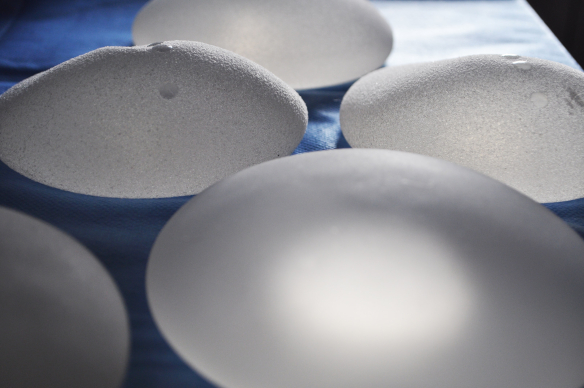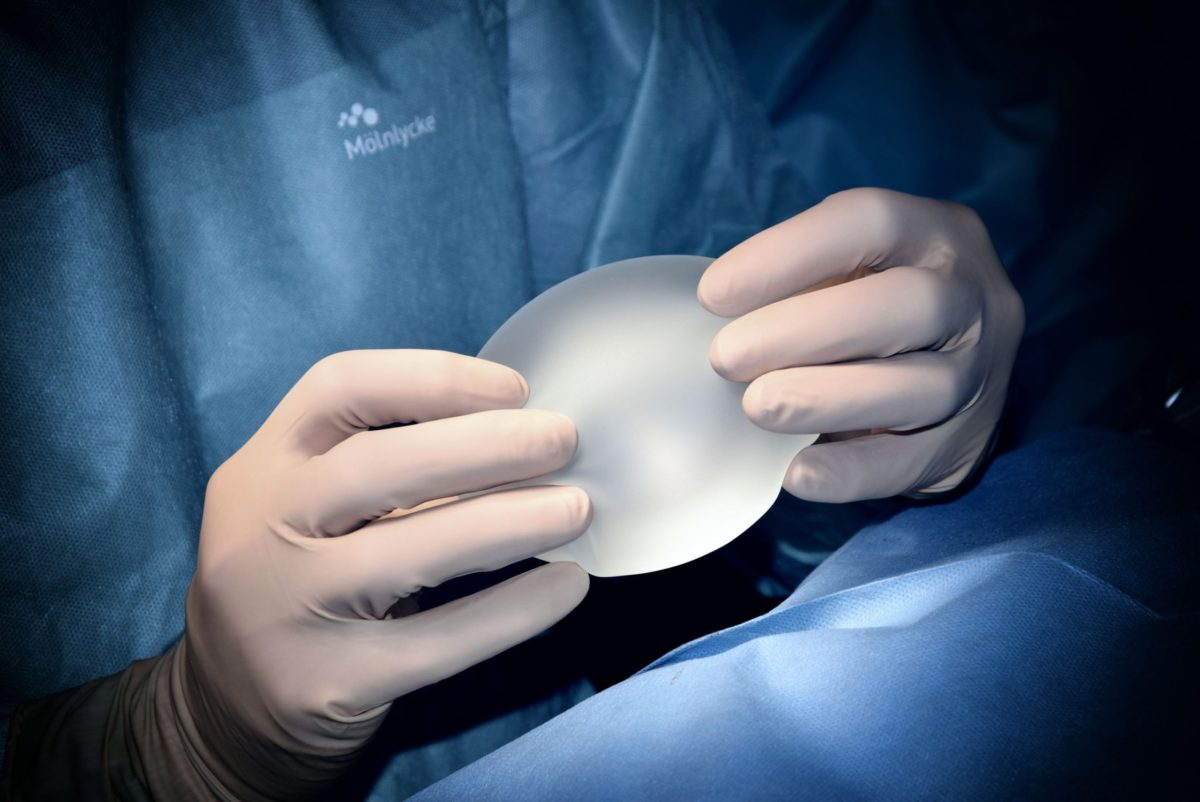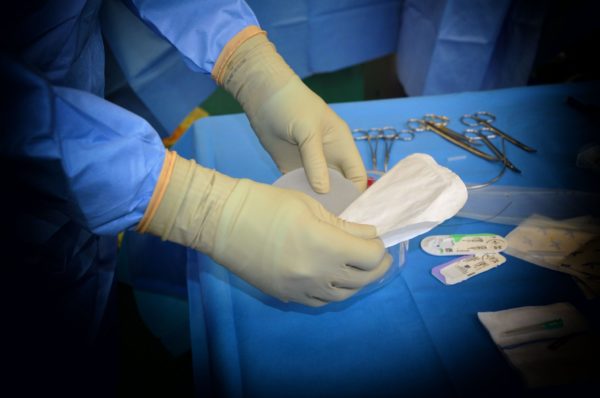Gynecomastia ‘man boobs’
Gynecomastia is the term applied to the benign enlargement of male breast glandular tissue (growth of excess breast tissue) and affects at least 30% of all men. The degree of gynecomastia can vary from a small amount of extra tissue to the appearance of fully formed breasts, which may be uneven in size. Some men also find that the breast tissue is tender or even painful to touch and the condition is most common in teenage boys and older men.
Gynecomastia occurs when there is an imbalance between the sex hormones testosterone and oestrogen, the exact cause isn’t known although there are some known causes:
- Puberty, which causes hormone levels to vary.Alcohol, excessive alcohol consumption can alter hormone balance.
- Damage or infection in the testicles, which impact the production of testosterone.
Thyroid disorders, which impact the production of hormones that control growth and sexual development. - Cancer, including tumours of the lungs, pituitary gland or adrenal glands.
- Obesity, which can increase levels of oestrogen.
- Prescription medications for various disorders, including heart disease, depression, or ulcers.
- Illegal drug use, including anabolic steroids.
- Kidney failure.
- Liver disease.
- Diabetes.
- Age, older men produce less testosterone and tend to have a higher percentage of body fat which can cause more oestrogen to be produced.
- Stress, can stimulate the adrenal glands and alter hormone balance.
- Klinefelter syndrome (a rare genetic disorder).
Treatments for gynecomastia include:
- Surgical excision of excess breast tissue.
- Prescription medication to treat a hormone imbalance.
Assessment of gynaecomastia
A physical examination will be done to rule out tumours and determine the degree of gynecomastia present. When gynecomastia is diagnosed without a clear cause, to exclude the respective medical conditions, it is advisable to have hormone, liver, kidney and thyroid function tests.
You may also need:
- A breast ultrasonography (USG) may also be carried out to rule out malignant and benign tissue mass.
- A tissue biopsy (percutaneous biopsy) may be required if imaging can not rule out breast cancer.
Treatment with medication
Complete regression of gynecomastia will not be induced by any form of medication, however, medication may induce partial regression or symptomatic relief. If regression of gynecomastia is drug induced, symptoms may regress when the causative medication is stopped or changed.
Drugs currently used to treat gynecomastia include:
- androgens
- anti-estrogens
- aromatase inhibitors
Side effects include:
- nausea
- muscle cramps
- edema
- acne
- weight gain
Surgical treatment of gynecomastia
Surgical treatment of gynecomastia is effective and has a relatively high, patient satisfaction rate with low complications, however, it may not be a permanent solution. Surgery should not be performed prior to completion of puberty, due to the high likelihood of regrowth of the breast tissue removed.
Surgical removal of breast tissue in gynecomastia patients can be performed with a general or a local anaesthetic with twilight (IV) sedation. The surgical technique selected will be based on the degree of the gynecomastia and the amount of tissue that needs to be surgically excised, fat that needs removal and skin elasticity.
The preferred technique is subcutaneous mastectomy.
This can be performed via a peri-areolar or trans-areolar incision and can be combined with liposculpture if required. Skin resection may also be performed if there is marked gynecomastia and, or when there is excessive skin due to tissue and fat causing significant sagging. When there is an excess of fatty tissue liposuction can be combined to provide the best possible outcome.
In some cases, liposuction can be performed as a stand alone procedure when there is a lack of substantial glandular hypertrophy.
Complications include:
- infection
- hematoma and seroma
- damage to nerves in and around the nipple
- necrosis (death of tissue)
- unsatisfactory results due to asymmetry
- necrosis
- noticeable scars
Questions to ask your consultant before gynecomastia surgery
- Do you recommend a general or a local anaesthetic with twilight (IV) sedation and why?
- Will the procedure be done as a day patient or will I stay in hospital overnight?
- Why would you recommend surgical treatment of gynecomastia?
- Which surgical incision would you recommend and why?
- Will I need to have liposuction?
- How many surgical procedures for gynecomastia have you done in the last 12 months?
- How many patients have had complications in the last 12 months?
- How many patients have needed revision surgery in the last 12 months?
- Once I am sent home will there be any additional charges if I need to be admitted into hospital due to complications?
- Will there be any additional charges if I require revision surgery, either due to poor results or complications?
- Will there be any additional charges if I require surgical revision of scars?
- How long do you provide aftercare for?




